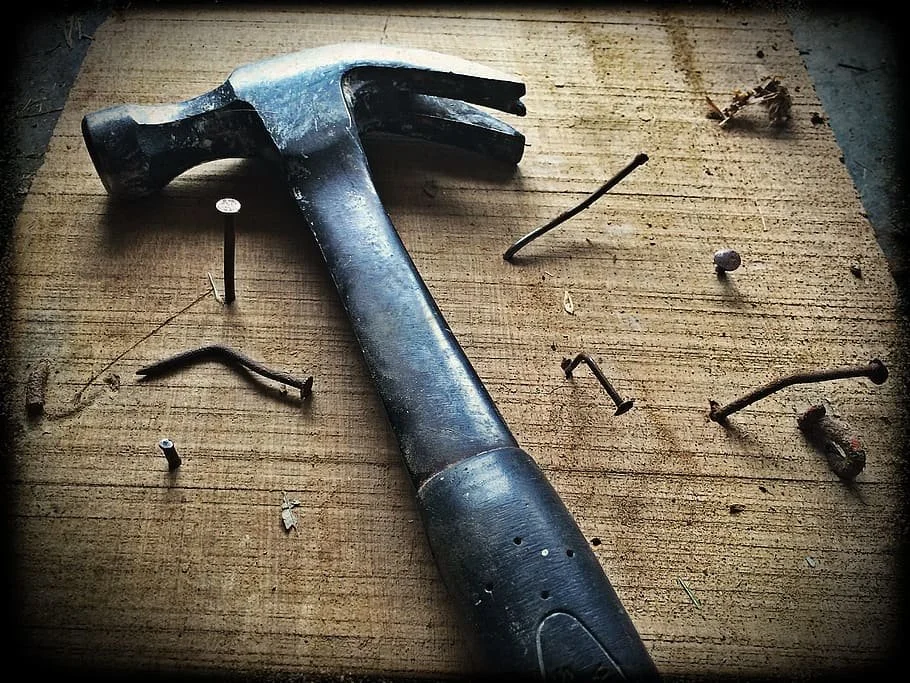I don't know who's behind Trader Joe's Fearless Flyer, the Victoriana-inspired promo newspaper at the Trader Joe's checkout counter, but I would like to thank her ... him ... them.
Whoever is behind it knows a thing or two (and more than that) about how to balance the facts with a conversational tone that, sadly, is missing in so much social media writing today.
(Hey wait, am I inadvertently including myself in that judgment? Shoot, I am ... ok, fine.)
The Fearless Flyer offers plenty of punny, alliterative phrases ("boosting our cache of mash this season is Mashed Cauliflower..." "expert de-stringers declare that you can have seamless green beans in a snap") but look even closer than that.
The Flyer also delivers lore and history with an entertaining, encyclopedic, economical style that many writers can't do:
On asparagus--
Like participants in a regional game of Telephone, rural Englanders in the early 20th century mislabeled it "sparrow grass." We're not exactly sure how they understood the bird connection, but asparagus stalks clearly imitate grass with their slender, green shoots. No matter what it's been called throughout its extensive history (going back to at least ancient Egypt) it's undoubtedly been loved for its clean, bright flavor...
Sure, most people can tell gripping stories about cancer diagnoses or drug addiction, but asparagus? Or maple roasted sweet potatoes?
Or this, about egg nog--
Long ago, people sipped their nog from a noggin ("nog" being a strong ale; noggin being a small drinking cup made from a hollowed-out, knotty outgrowth of a tree trunk).
Geez! Did you know that? I didn't know that! I learned so much in just 30 words!
Or how about this bit of English lore that segues into a pie mix:
In English folklore, brownies are mythical spirits -- also called pixies -- that are said to live in attics or walls, and aid with household chores in secret. With its ease of use, and the impressive results it achieves with minimal effort, we thought it only fitting to name Trader Joe's Sweet Potato & Marshmallow Pixie Pie Mix in honor of these hidden helpers.
That is really nice.
Sometimes, when you're writing an opening like this (in the newspaper biz), it can sound like too much of a stretch -- that you're trying too hard. (I've done that ... and then my editor reduced my intricate, precious lead sentences to a simple subject-predicate format.)
That isn't true here: The execution is light and easy like that pie mix (wow, the Flyer's style is infectious).
I suspect there's a former journalist lurking behind these unsigned works. It takes years to develop a voice like this. The tone of the Fearless Flyer is so consistent throughout that I feel it must be the work of just one person. Or else there must be a single uber-editor going through these entries and giving them a thorough buff and polish to keep things uniform.
My point, my beloveds, is that the best writing isn't to be found in the usual places. There are lessons to be found everywhere.
One of the simplest lessons is this: the purpose of your writing shouldn't be New York Times bestseller-dom alone -- it should give you joy and bring joy to the people who find you, too.
The person(s) behind Trader Joe's Fearless Flyer obviously understand(s) that.
Onward, friends.





